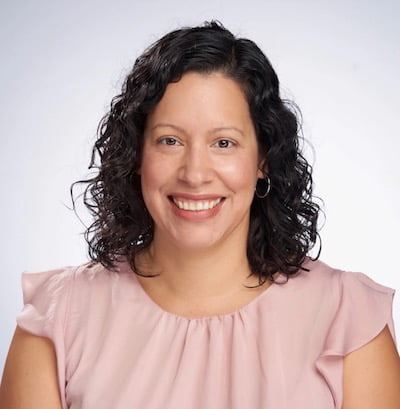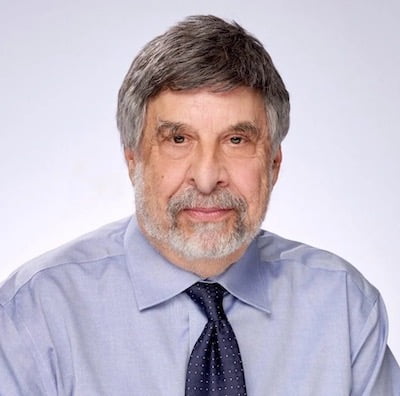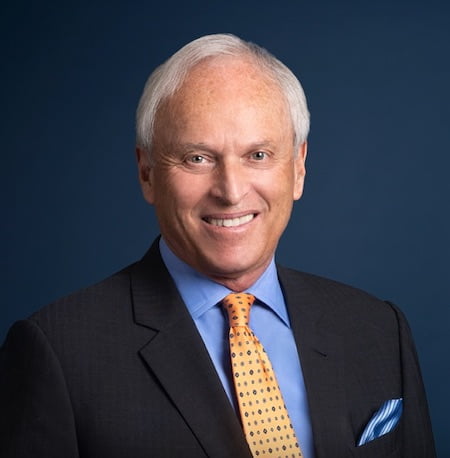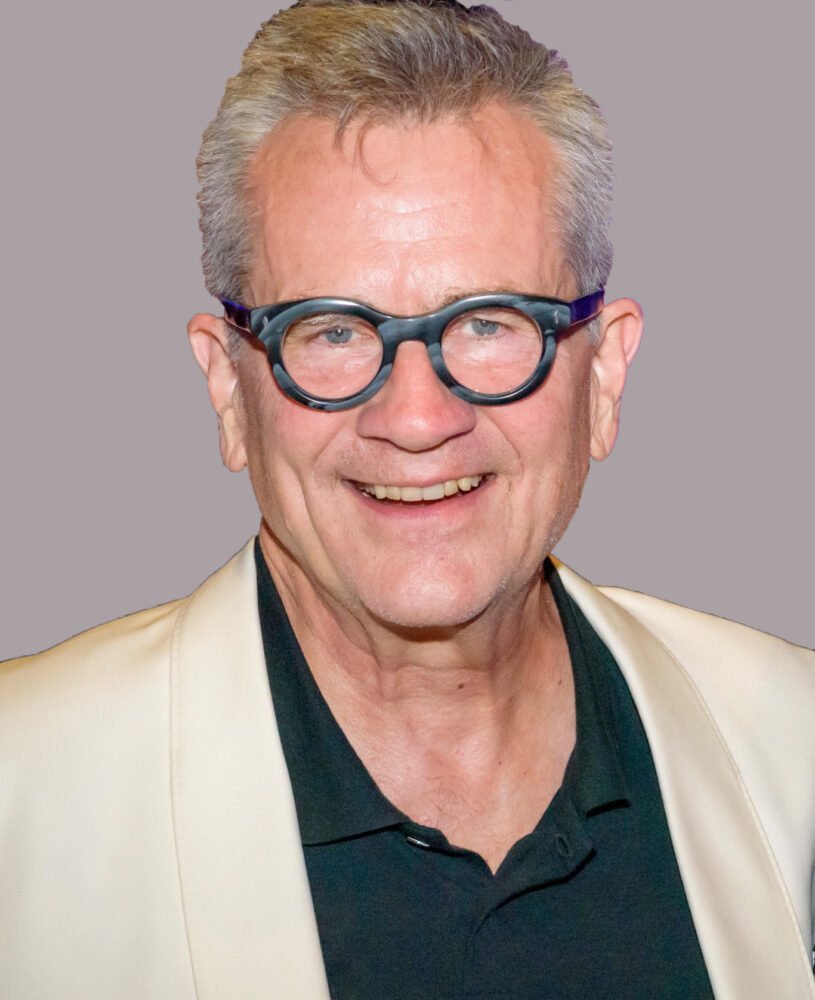At Least $2 Billion in Dedicated Funds for Evidence-Based Programs
SAN FRANCISCO, February 1, 2024 – In one of the largest education-related settlements in U.S. history, the State of California has agreed to propose a new law and dedicate at least $2 billion in funding to help students who fell behind during the COVID-19 pandemic catch up. In the case of students who already faced lower educational outcomes, often children from lower-income families in Black and Latine communities, the funding can also be used for evidence-based programs that help them close the gap with their peers.
“The urgent vision of this historic settlement is not just to recoup the academic losses suffered by California’s most disadvantaged students, but to erase the opportunity gaps altogether exacerbated by the pandemic,” said Mark Rosenbaum, Public Counsel’s Senior Special Counsel for Strategic Litigation. “This is a victory of partnership of students, caregivers, and community organizations with California’s leadership that recognizes that educational opportunity is the State’s greatest natural resource.”
Under the settlement agreement in Cayla J. v. the State of California, school districts will direct at least $2 billion in existing Learning Emergency Block Grant Funds to programs that are proven to increase student outcomes. The programs must serve students identified using a data-driven process that incorporates academic performance in math and English language arts, as well as absenteeism numbers. The programs that serve them must be evidence-based, meaning they result in a statistically significant increase in performance.
“MoFo is proud to have worked with Public Counsel, Oakland REACH, and Community Coalition to achieve this historic settlement for the students of California whose education was most severely affected by the COViD-19 pandemic,” said Michael Jacobs, Morrison Foerster partner and lead of the pro bono team for Cayla J. v. State of California. “This case is yet another example of the firm’s commitment to quality education for all in our State.”
In a first for California, the proposed law will enable funds to be spent on community organizations with a proven track record of improving student success. Each local education agency will determine the plan and programs for reaching the students it serves as part of the annual Local Control and Accountability Plan. They will also be required to report on the success of the programs using measurable outcomes.
In another first, members of the public will be able to file a complaint relating to these plans under the uniform complaint procedure, recognizing that every California resident has a stake in the education of the next generation.
The Oakland REACH and Community Coalition, previously plaintiffs in the lawsuit, have continued their involvement as supportive partners. During remote learning, as students in low-income communities fell farther behind, Community Coalition and The Oakland REACH stepped in to provide missing high-quality, individualized support for students.
“This is such a huge victory and much-deserved investment in California’s Black and Brown students who are still feeling the impacts of the COVID-19 pandemic,“ says Community Coalition’s President and CEO, Alberto Retana. “Community Coalition devised a virtual summer program targeting academics, technology, and wellness to provide for our students’ educational needs. Our approach considered English language and technological proficiency and other nuances that characterize the curriculums and educational inequities of South L.A. schools.”
“This $2 billion-plus settlement is a history-making win, but money can’t solve anything if we don’t put it to good use,” said Lakisha Young, Founder and CEO of The Oakland REACH. “We all must advocate for these funds to be used for solutions that put parents and caregivers in the driver’s seat and are proven to get kids reading. Here’s the good news: REACH already has built those solutions. This lawsuit started in 2020 December — but we didn’t just wait around for the win. We built solutions like our Liberator Model, which trains parents to become as effective as teachers when trained as tutors. This is the kind of winning partnership every district needs to be doing.”
Should the law fail to pass or if the State does not spend at least $2 billion on these programs, the plaintiffs, represented by Public Counsel and Morrison Foerster, will have the right to return to court.
For more information and to view the settlement of Cayla J v. State of California, click here.
###
For media inquiries, email Alex with Rise Strategy Group here.
About Public Counsel
Public Counsel is a nonprofit public interest law firm dedicated to advancing civil rights and racial and economic justice, as well as to amplifying the power of our clients through comprehensive legal advocacy. Founded on and strengthened by a pro bono legal service model, our staff and volunteers seek justice through direct legal services, promote healthy and resilient communities through education and outreach, and support community-led efforts to transform unjust systems through litigation and policy advocacy in and beyond Los Angeles.
About Morrison Foerster
Morrison Foerster is a leading global law firm that transforms complexity into advantage for its clients. Our clients include some of the largest financial institutions, banks, consulting and accounting firms, and Fortune 100, technology, and life sciences companies. Morrison Foerster also has a long history of commitment to the community and society through providing pro bono legal services, including litigating for civil rights and civil liberties, improving public education and fostering the wellbeing of children, advocating for veterans, promoting international human rights, enforcing the right to asylum, and safeguarding the environment. For more information, visit www.mofo.com.







